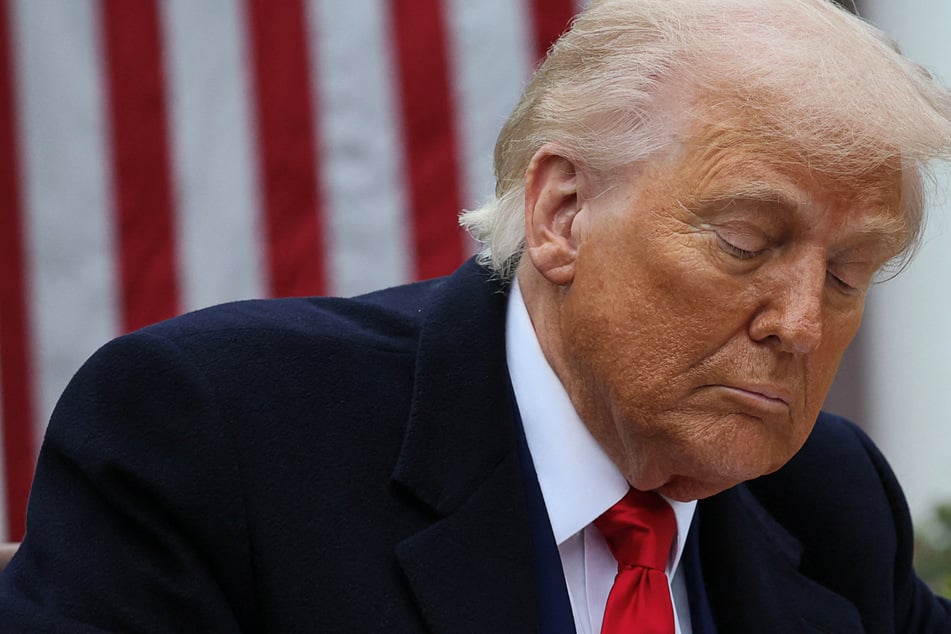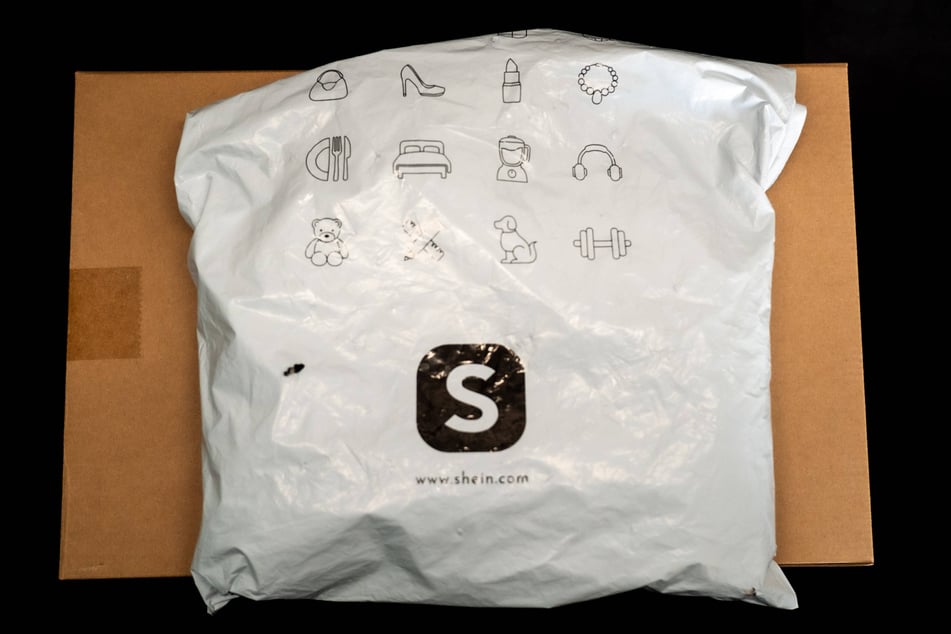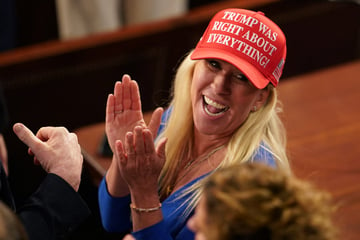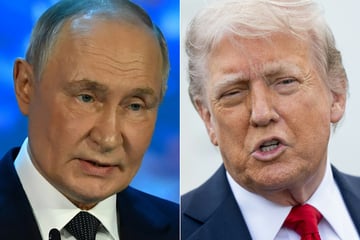Trump ends China shipping exemption in major blow to Shein and Temu
Washington DC - President Donald Trump signed an order Wednesday to close a duty-free exemption for small packages from China, in a move likely to severely disrupt the import of popular low-cost products.

The rule has faced heavy scrutiny as US officials pointed to the growth of Chinese-founded online retailers Shein and Temu as a factor behind a surge of shipments using the exemption.
The "de minimis" exemption allows goods valued at $800 or below to enter the US without paying duties or certain taxes.
It has faced scrutiny due to a surge in packages in recent years, with the White House saying that US Customs processes over 4 million exempted shipments into the US every day.
In a fact sheet, the White House said that products imported under the exception from China would now be subject to a duty rate of either 30% of their value or $25 per item, increasing to $50 per item after June 1.
Losing the exemption also means e-commerce firms potentially face more frequent inspections and must meet regulations on food safety and national security.
According to analysts, some items currently imported through platforms like Temu or Shein might no longer be allowed into the US due to the extra burdens.
Trump scraps "de minimis" exemption

Boasting an enormous selection of ultra-cheap items at a time when inflation has shrunk household spending power almost everywhere, Shein and Temu have become global phenomenons.
The companies send out tens of billions of dollars worth of clothes, gadgets, and other items from their vast network of factories in China annually.
Official US figures show that exemption shipments rose to over 1.4 billion packages in fiscal year 2024, 60 percent of them from China.
Other retailers, such as Amazon, might also be impacted by the "de minimis" removal.
In February, Trump already scrapped the customs exemption but reversed his decision after the move caused major logistical disruptions.
Beijing, at the time, responded with fury to the move, accusing the US of "politicizing trade and economic issues and using them as tools."
Cover photo: Collage: IMAGO / NurPhoto & REUTERS

